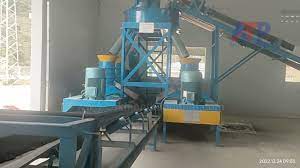In the grand tapestry of human history, cokhianthanhphat.com few phenomena have reshaped our lives as profoundly as technology. From the wheel to the internet, humanity has continually innovated, creating tools and systems to overcome challenges, enhance communication, and improve our quality of life. Today, in the throes of the digital age, technology is advancing at an unprecedented pace, promising a future brimming with both opportunities and complexities.
The term “technology” encompasses a vast array of innovations across various fields, including information technology, biotechnology, artificial intelligence, robotics, and renewable energy, among others. Each of these domains plays a pivotal role in driving progress and shaping our collective destiny.
Information technology, for instance, has revolutionized how we access and share information. The internet has transformed the world into a global village, enabling instantaneous communication and facilitating the exchange of knowledge on an unprecedented scale. Social media platforms connect individuals across continents, fostering new communities and empowering voices that were once marginalized.
Artificial intelligence (AI) stands as a cornerstone of modern technological advancements, imbuing machines with the ability to learn, reason, and make decisions. AI-driven algorithms power virtual assistants, recommendation systems, and autonomous vehicles, streamlining processes and augmenting human capabilities. However, the proliferation of AI also raises ethical concerns, prompting debates about data privacy, algorithmic bias, and the societal impact of automation.
Biotechnology holds the promise of curing diseases, enhancing agricultural productivity, and even extending the human lifespan. Genetic engineering techniques like CRISPR-Cas9 offer unprecedented precision in editing DNA, potentially heralding a new era of personalized medicine. Yet, ethical considerations surrounding genetic manipulation and the equitable distribution of biotechnological advancements remain pressing issues.
